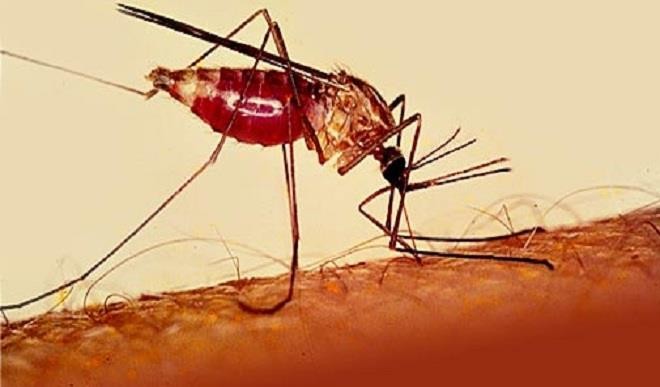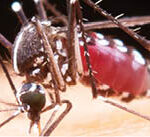The National Malaria Elimination Programme (NMEP) has revealed that Nigeria suffers from a funding gap for malaria elimination, and that 13 states have no support.
The organization warned that the situation predisposed the country to dire consequences in its malaria elimination efforts.
A deputy director with the organisation, Tim Obot made the disclosure yesterday during an interactive session with newsmen in Abuja.
He said that the national need for malaria commodities between 2018-2020 was $1, 122,332,318 but was financed at $531,228,984 , leaving a commodity funding gap of $551,354,810.
He said: “Nigeria alone accounts for 53 percent of the $1.3 billion funding gap for essential commodities that include 76 percent of the funding gap in Artemisinin Combination Therapy (ACT) and 86 percent of the funding gap for Rapid Diagnostic Test kits (RDTs).
“Nigeria faces a financial gap of N504 billion ($1.4 billion) to implement its national malaria strategy by 2020 (WMR, 2017)”
Obot said that the critical driver of the gaps is from the 13-states that are currently without any support. This meant that they had minimal support from the federal government and no support at all from partners ( such as Global Fund, DFID and other international organisations that fund malaria interventions in the country).
Daily Trust learnt that the states are : Abia, Enugu, Imo , Edo , Ekiti , Rivers Anambra, Ondo , Lagos, Oyo , Kogi , Bayelsa , Borno and the Federal Capital Territory (FCT).
Obot said they require about $350million for malaria programmatic needs, adding that the rest is from Seasonal Malaria Chemoprevention (SMC) and unmet needs in supported states.
He added that only two-third of the country has been covered with malaria intervention commodities in the last 18months.
Earlier, National Coordinator, National Malaria Elimination Programme (NMEP), Dr Audu Bala Mohammed, who was represented by Pharmacist John Olukayode Ayinde said the country has witnessed a 35% decline in under 5 mortality from malaria over the last decade.
He said Nigeria has made significant gains in the control of malaria such as the utilization of mosquito nets in children under five years of age increasing from 6% in 2008 to 49% in 2015, and increased uptake of Insecticide Treated Net (ITN) ownership (households with 1 ITN) from 8% in 2008 to 69% in 2015, among others.

 Join Daily Trust WhatsApp Community For Quick Access To News and Happenings Around You.
Join Daily Trust WhatsApp Community For Quick Access To News and Happenings Around You.


